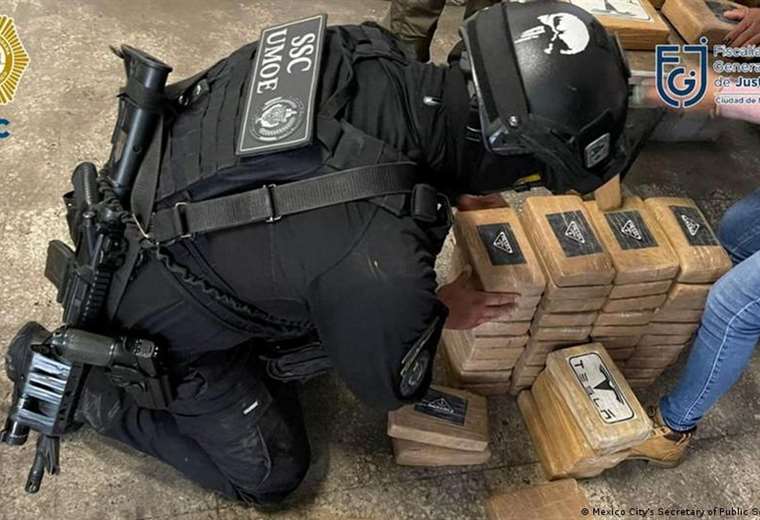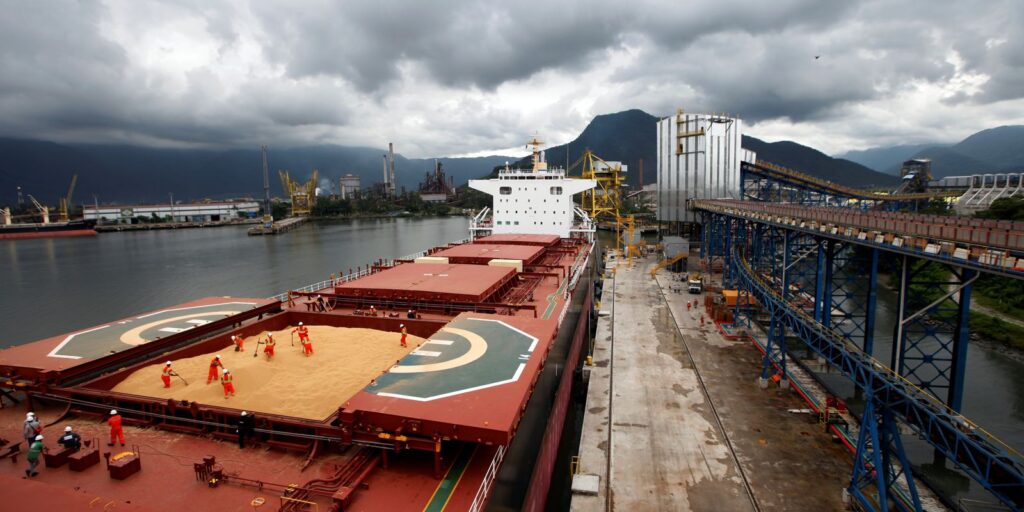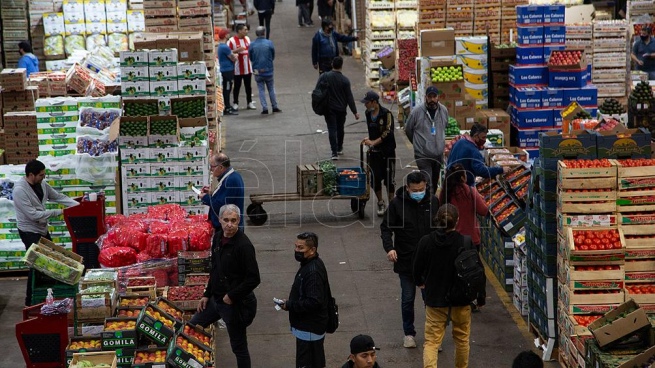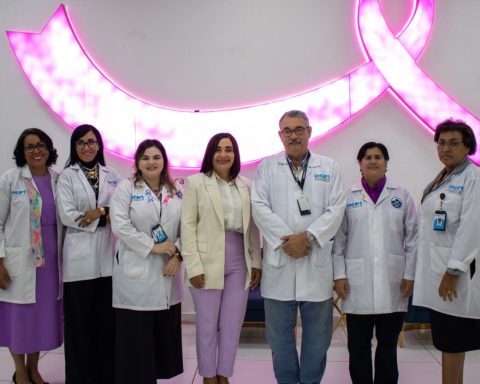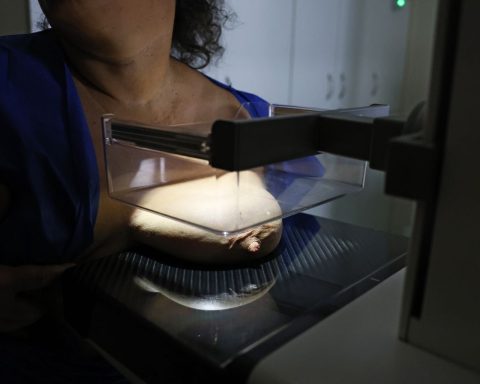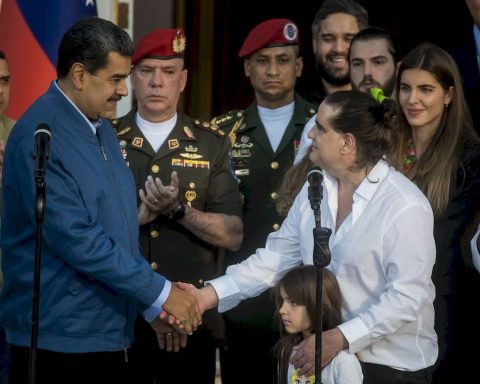August 16, 2022, 2:50 PM
August 16, 2022, 2:50 PM
On July 26, 2022, Mexican authorities reported the largest cocaine seizure in history. No less than 1.6 tons of this drug were found in the north of Mexico City, cutting a route that had started in Colombia and was destined for Los Angeles (United States). In 2021, Central American countries seized more drugs than ever before. These types of statistics are repeated in different parts of the region.
The reasons do not have to be searched very far or very deeply: it is a lucrative business, that as it moves away from its point of origin, it adds dollars. According to the United Nations, which has an office dedicated specifically to the issue of drugs, a kilo of cocaine produced in Bolivia costs 1,600 dollars there, 10,000 in Mexico City, 26,000 in the United States, almost 46,000 in Spain and a whopping 60,000 in Ireland. .
These amounts of money increase the risk that the narco infiltrate the state and corrupt their institutions. “The infiltration of drug traffickers is a constant in the countries with the most powerful criminal organizations, and in those cases the drug trafficker is now more powerful than before,” Ricardo Márquez Blas, a security and crime-fighting specialist, tells DW from Mexico. The bad thing, adds the expert, is that “such infiltration has not only been unable to be eliminated, but has also registered an expansion process.”
And why not cooperate?
The Argentine security consultant and academic Norberto Emmerich explains that, although the map of organized crime “follows a logic of changes, improvements and setbacks, the dynamics of the problem tends to worsen.” A feeling that many citizens have. Since the nineties there have been variations, says the expert, but in general the government response has focused “mostly on penal populism, the so-called iron fist.” And that doesn’t always work out.
“Drug trafficking has undoubtedly increased, and an indicator of this is the record level of seizures of illegal drugs by the United States border authorities,” says Márquez Blas, who points out that in general it can also be said that the current scenario is worse than it was 30 years ago, basically because “there are renewed waves of crime that include new and more sophisticated modalities criminal”.
Emmerich, who is the author of the book Geopolitics of drug trafficking in Latin America, adds more background: “Al classic drug trafficking (drug trafficking) Now human trafficking is added, which is run by the same drug trafficker.” The question that arises is, if the problem affects the entire continent, and with increasing force, why have the countries of the region not coordinated to combat it?
“On the one hand, the fact that there are governments with different ideological profiles in power makes cooperation difficult. Also the times of those governments, since some begin when others are in their final stages. But the most important thing is the lack of trust between security and justice corporations to share information and design and implement joint operations,” says Márquez Blas. An example of this is the very complex cooperation on security issues between two bordering countries such as Chile and Bolivia.
Emmerich, for his part, emphasizes that it is the United States that has almost alone assumed coordination of the agenda, such as his migratory plans for Central America, the arrest of the former president of Honduras Juan Orlando Hernández and the resignation of the vice president of Paraguay, Hugo Velázquez, accused of corruption by the White House. However, he sees progress with the signing, at the beginning of 2022, of the “Bicentennial Framework for Security” between the United States and Mexico. “This seeks to start a new era in security cooperation, and it can be an important instrument ”, explains the expert.
